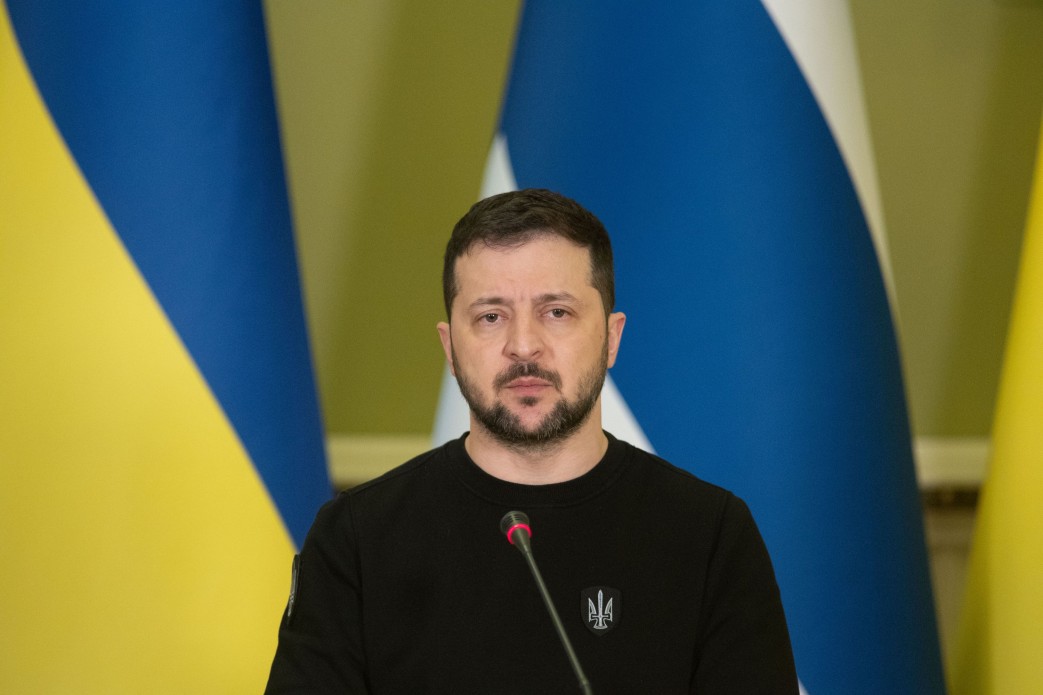Merkel withheld information about Russia's intention to blackmail Europe with gas, German outlet reports

Former German Chancellor Angela Merkel was aware of Russia's intention to reduce gas supply to blackmail Europe to speed up the Nord Stream 2 pipeline launch but concealed the information, German media outlet Handelsblatt reported on June 6, citing classified documents it had obtained.
The Nord Stream 1 and 2 pipelines in the Baltic Sea were built to supply natural gas from Russia to Europe.
Russia aimed to accelerate the introduction of the Nord Stream 2 pipeline into service without German authorities' certification by causing a gas deficit in Europe, Handelsblatt said, referring to a 2021 document from the German Economy Ministry.
The document also described Russian actions as threatening to cause "dramatic consequences," while the filling of gas storage facilities was called "very slow."
Gazprom filled its European gas storage only halfway by July 2021, according to the document.
Peter Altmaier, then-German economy minister, obtained the document and informed the cabinet of ministers, according to Handelsblatt. In October 2023, Merkel told the media that she did not see any signs of Russia cutting its gas supply to Europe.
Russian President Vladimir Putin instructed Gazprom, the state-owned Russian energy giant, to start ramping up the volume of gas in European storage in October 2021.
The construction of the Nord Stream 2 pipeline was almost completed at that time, while Russia had been concentrating its forces near the border with Ukraine for the full-scale invasion.
The German government, headed by the newly appointed Chancellor Olaf Scholz, announced on Feb. 22, 2022, that it would suspend the Nord Stream 2 pipeline's certification after Russia recognized occupation proxy authorities in Donetsk and Luhansk oblasts.
"The gas price crisis took Germany by surprise. Even before Russia's offensive against Ukraine, Berlin suspected that the Kremlin was manipulating the gas market. However, the government did nothing about it," the article read.
In September 2022, the Nord Stream 1 and 2 underwater pipelines connecting Russia to Germany were blown up.
Investigations have been ongoing since then but have yet to produce a definitive conclusion regarding the cause of the explosions. Moscow and the West have traded blame for the incident.
Sweden and Denmark have dropped their investigations, while Germany's inquiry is ongoing.












